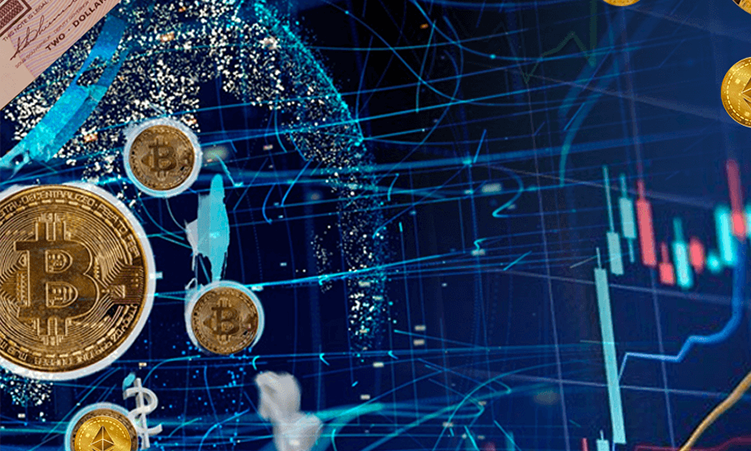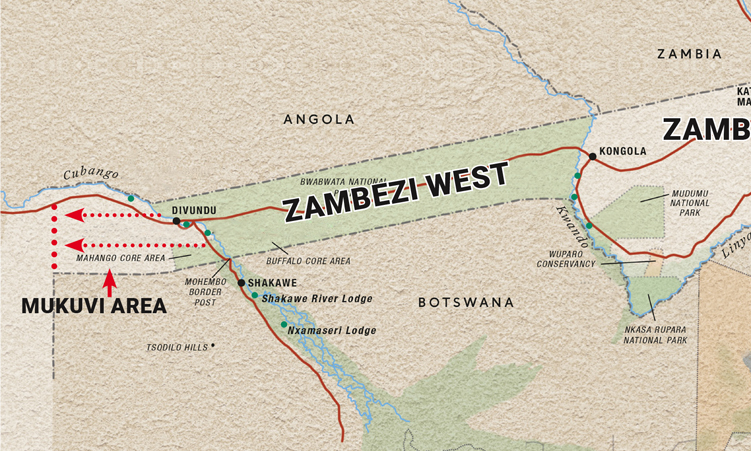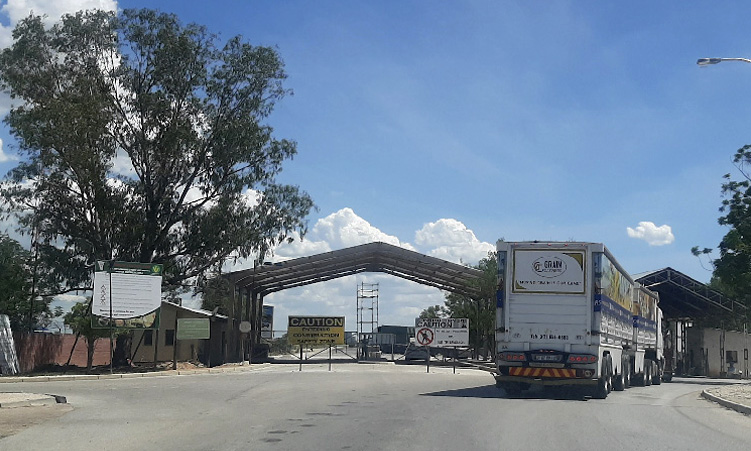When Isabela Duque, a receptionist in the Brazilian city of Santos, decided to use all her savings to buy her first car, the process was fraught with suspicion.
The seller asked for the full amount to be deposited into his bank account before transferring the car, to her name, and Duque obliged.
They went separately to the notary office to process the paperwork, while Duque worried about the possibility that the man would vanish with the car as well as her money.
While Duque managed to complete the transaction successfully that day, her situation exemplifies the risks Brazilians often face when making purchases that rely largely on trust.
It also illustrates one of the future uses of DREX, a digital currency issued by the Central Bank of Brazil as an extension of the country’s physical currency.
“Today, purchases such as buying a car are based on trust, because doing it in any other way is way too expensive as it involves hiring lawyers as well as doing a lot of paperwork. In the DREX environment, there are ways to automate the entire process,” said Fabio Araujo, a coordinator of the initiative at the central bank.
DREX is currently being tested by banks in Brazil and is expected to launch in the second half of 2024.
A key characteristic of services provided under DREX is that they would be held as smart contracts using blockchain technology.
In practice, transactions such as a car purchase would be completed only when all the conditions are fulfilled.
“And if something doesn’t work out at any stage of the transaction, the car remains with the seller and the buyer retains the money,” Araujo explained. – Al Jazeera
Stay informed with The Namibian – your source for credible journalism. Get in-depth reporting and opinions for
only N$85 a month. Invest in journalism, invest in democracy –
Subscribe Now!






